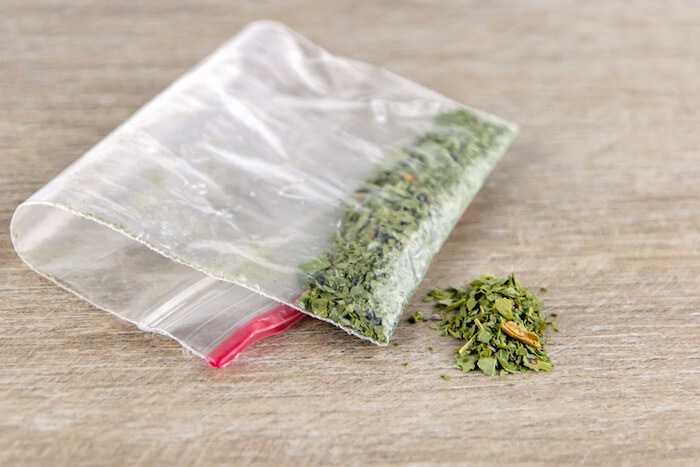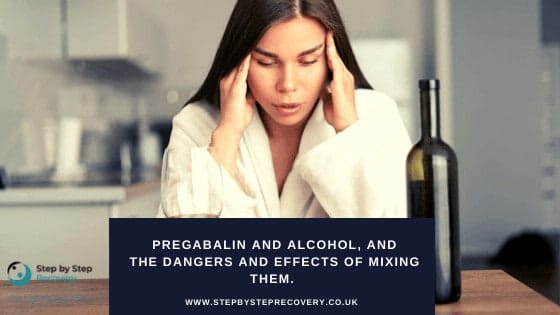Treatment programmes for addiction typically vary between 28 days to three months. Yet more and more rapid detox programmes are being advertised and are considerably less expensive. Five-day drug detox is often a tempting option and leads many people to believe that recovery from addiction can take place in a very short time, but this is not the case.
The sole focus of rapid detox is to clear the body of drugs with the support of medication to reduce the risks of withdrawal and the pain of withdrawal symptoms. But without addressing the psychological symptoms and causes of addiction through therapy, relapse rates of rapid detox treatment are high. Unfortunately, this means you can become stuck in a cycle of attending detox and then experience addiction relapse.
Therapy and holistic activities increase the likelihood of addiction treatment achieving long-term success following a medically assisted detox. Addiction recovery goes far beyond overcoming a physical dependency and psychological dependence continues to be a powerful trigger for relapse. Even following a comprehensive addiction treatment programme, recovery continues for several years before your risk of relapse starts to significantly decrease. Detox is typically the start of the recovery of process but learning how to stay sober and clean of drugs takes awareness and support over a period of time.
Medical Detox
Trying to go “cold turkey” is dangerous and seeking a medically supervised detox is critical to prevent painful withdrawal symptoms and even death. This is why you should begin your recovery journey with a medical detox, which may take place as an outpatient at an addiction treatment clinic or in residential rehab. During detox, emotions are brought to the surface, in addition to physical discomfort. It’s easy to feel overwhelmed at this stage and common to experience changes in appetite, altered motivation and a disturbed sleep pattern as your body and brain adjust.
Therapy for Addiction
Therapy is a crucial element of addiction recovery and helps you manage relapse triggers when you leave treatment. Common causes of relapse include:
- Stress and challenging life events
- Isolation and family problems
- Environmental cues, such as seeing alcohol in the supermarket
- Being around people who use drugs or in environments where alcohol is available.
Various types of therapy are provided to treat substance use disorder (SUD). Effective addiction treatment programmes will tailor therapy to meet your individual needs and most will offer both individual and group therapy sessions.
Going to rehab won’t miraculously cure you or prevent addiction relapse. Recovery is a lengthy process that takes time and work. Many people mistakenly believe that once they leave rehab, they won’t experience cravings for drugs, alcohol, or other problematic behaviours. However, you must be prepared for the fact that they will still occur. During therapy, you will be given the tools you need to cope with cravings and any ongoing withdrawal symptoms you may be experiencing.
Addiction Recovery Tips
1. External Support
Addiction often leaves you feeling isolated and alone in your experience. Research shows that social support during recovery often improves the likelihood of maintaining sobriety. Peer support addiction groups allow you to connect with others, which can help combat some negative feelings, such as shame and depression, associated with addiction.
2. Relationships
Healthy relationships can be a critical aspect of your recovery. Ending relationships with unsupportive family, friends, or contacts is as important as building relationships with people who can strengthen and encourage you during your recovery. Although it can be difficult, cutting out relationships that could result in your recovery failing is critical to reducing the possibility of relapse.
3. Free time
Filling your spare time with activities that don’t involve using alcohol or drugs can take some getting used to. In the beginning, time may feel like it’s dragging, making it more challenging to ignore cravings. It is also important to try not to be dependent on others. Activities that you can do alone include:
- Visiting a museum, art gallery, or listed building
- Going to a park or nature reserve for a picnic or a walk
- Becoming a volunteer
- Learning a language
4. Addiction Treatment Aftercare
Becoming clean after addiction treatment can leave you feeling isolated and vulnerable. At first, it can be incredibly difficult to carry through techniques you have developed during your treatment programme when you return to your daily life. Addiction aftercare after outpatient treatment and residential rehab are essential to the ongoing recovery process. Research has shown that, statistically, addiction aftercare greatly lessens the chance of addiction relapse. Attending aftercare will help you cope with triggers without returning to substance abuse.
Helping a Loved One with Addiction Recovery
If you’re a friend or relative of someone in recovery, it can feel stressful trying to navigate these early stages. Sometimes it can feel like walking on eggshells so as not to trigger the person. You may find yourself experiencing past fears if your loved one comes home late or if they take sick leave from work.
It is normal for this type of anxiety to return, and it can be difficult to let go of control. However, to help a loved one during addiction recovery is important to establish your own support system. Many addiction support organisations are available for family and friends of people in recovery and active addiction. Remember that the person in treatment controls their recovery, not you. It may take time to build a trusting and healthy relationship once again, so try not to rush the process.
We understand that leaving rehab can feel daunting and overwhelming, and integrating back into society is when your journey truly begins. With this in mind, we have an exceptional aftercare programme in place. Our team is also here to offer free advice on treating addiction and reestablishing recovery following a relapse. Step by Step Recovery exists to help individuals beat addiction permanently, providing lifetime support to the people we treat and their friends and family. Please complete our online assessment form or call our understanding team on 0800 170 1222 for free, confidential advice to help you or a loved one.




